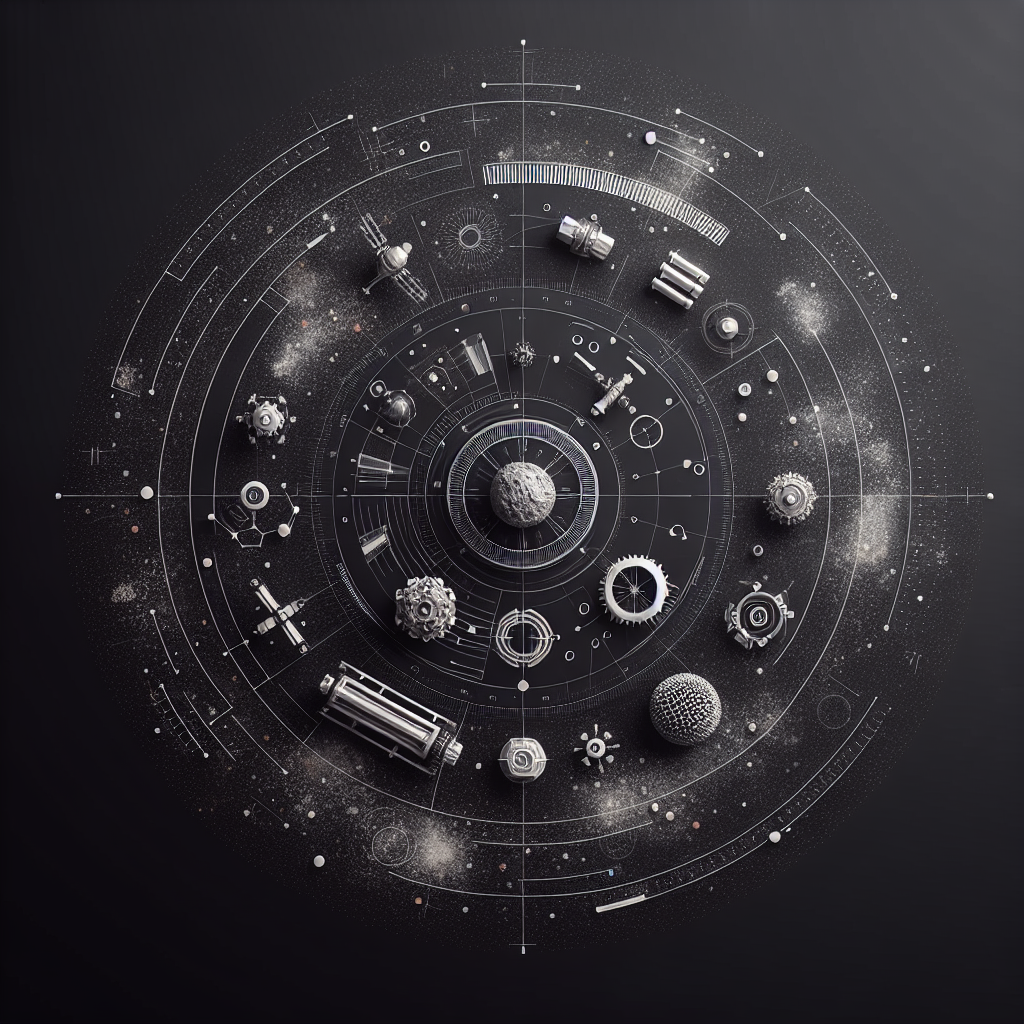Discover the 78 Organs in the Human Body According to Wikipedia
Are you curious about the intricate workings of the human body and the various organs that keep it functioning properly? Look no further as we delve into the comprehensive list of 78 organs in the human body according to Wikipedia. From vital organs like the heart and lungs to lesser-known structures such as the spleen and pancreas, each organ plays a crucial role in maintaining our overall health and well-being. Continue reading to explore the fascinating world of human anatomy and gain a deeper understanding of the complexity of our bodies.
The human body is a complex system composed of various organs that work together to ensure its proper functioning. According to Wikipedia, there are 78 organs in the human body. These organs can be broadly categorized into different systems such as the cardiovascular system, respiratory system, digestive system, nervous system, and more. Here is a list of the 78 organs in the human body:
1. Brain
2. Heart
3. Lungs
4. Liver
5. Kidneys
6. Pancreas
7. Spleen
8. Stomach
9. Intestines (small and large)
10. Gallbladder
11. Bladder
12. Skin
13. Eyes
14. Ears
15. Nose
16. Mouth
17. Tongue
18. Teeth
19. Salivary glands
20. Thyroid gland
21. Adrenal glands
22. Pituitary gland
23. Pineal gland
24. Hypothalamus
25. Ovaries (in females)
26. Testes (in males)
27. Prostate gland (in males)
28. Uterus (in females)
29. Fallopian tubes (in females)
30. Vagina (in females)
31. Penis (in males)
32. Epididymis (in males)
33. Seminal vesicles (in males)
34. Cervix (in females)
35. Placenta (in females during pregnancy)
36. Urethra
37. Rectum
38. Anus
39. Pancreatic islets
40. Parathyroid glands
41. Thymus
42. Lymph nodes
43. Tonsils
44. Bone marrow
45. Blood vessels
46. Adipose tissue
47. Muscles
48. Bones
49. Joints
50. Cartilage
51. Tendons
52. Ligaments
53. Nerves
54. Skin
55. Hair
56. Nails
57. Blood
58. Plasma
59. Platelets
60. Red blood cells
61. White blood cells
62. Lymphocytes
63. Monocytes
64. Neutrophils
65. Eosinophils
66. Basophils
67. Mast cells
68. Macrophages
69. Natural killer cells
70. Dendritic cells
71. B cells
72. T cells
73. Thymus-dependent lymphocytes
74. Spleen-dependent lymphocytes
75. Bone marrow-dependent lymphocytes
76. Plasma cells
77. Tonsil-related lymphocytes
78. Intestinal-related lymphocytes
According to recent research, the human body contains a total of 78 organs.
What are the 78 organs in the human body?
The human body has more than 78 organs, but some of the major organs include the brain, heart, lungs, liver, and kidneys. These organs are essential for various bodily functions.
Which organ is the largest in the human body?
The largest organ in the human body is the skin. It serves as a protective barrier against external elements and helps regulate body temperature.
How many organs are there in the digestive system?
The digestive system consists of several organs, including the stomach, small intestine, large intestine, liver, gallbladder, and pancreas.
What are the vital organs in the human body?
The vital organs in the human body are the heart, brain, lungs, liver, and kidneys. These organs are crucial for sustaining life.
Which organs are part of the respiratory system?
The respiratory system includes the lungs, trachea, bronchi, and diaphragm. These organs work together to facilitate the exchange of oxygen and carbon dioxide in the body.
What are the major organs in the circulatory system?
The major organs in the circulatory system are the heart, blood vessels (arteries, veins, and capillaries), and blood. These organs work together to transport oxygen and nutrients throughout the body.
Are there any organs that are not essential for survival?
While all organs serve a specific function in the body, some organs are not essential for survival. These non-vital organs include the appendix, spleen, and tonsils.
How many organs are there in the endocrine system?
The endocrine system consists of several glands, such as the pituitary gland, thyroid gland, adrenal glands, and pancreas. These glands produce hormones that regulate various bodily functions.
What are some of the smallest organs in the human body?
Some of the smallest organs in the human body include the pineal gland, pituitary gland, and adrenal glands. These tiny organs play crucial roles in hormone production and regulation.
Which organs are responsible for filtering waste products from the blood?
The kidneys are the primary organs responsible for filtering waste products from the blood. They help maintain the body’s fluid balance and regulate electrolyte levels.
Conclusion
The 78 organs in the human body, as listed on Wikipedia, play vital roles in maintaining the body’s overall function and health. From the brain and heart to the liver and kidneys, each organ has specific functions that are essential for survival. Understanding the different organs in the body can help individuals appreciate the complexity of human anatomy and physiology.
Moreover, knowing the various organs in the body can also aid in identifying symptoms and seeking appropriate medical care when needed. By familiarizing ourselves with the 78 organs, we can better appreciate the interconnectedness of our bodily systems and take proactive measures to maintain our health and well-being. Overall, the list of organs provided on Wikipedia serves as a valuable resource for both medical professionals and individuals looking to expand their knowledge of the human body.





